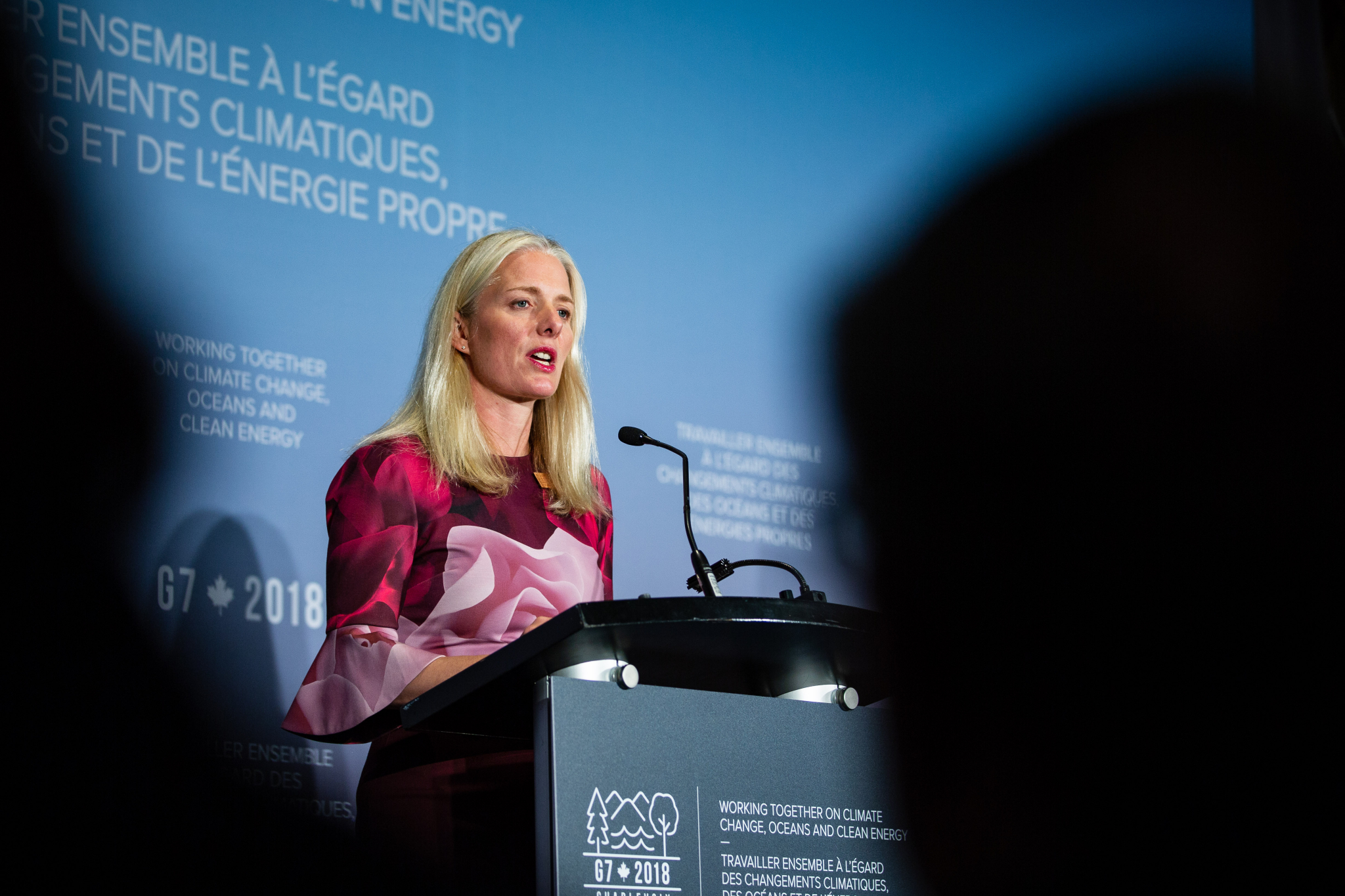Environmental and health groups are urging the federal government to turn a competition law into a powerful tool to tackle climate change and greenwashing.
The purpose of Canada’s Competition Act is to prevent anti-competitive practices in the marketplace — such as price-fixing and false advertising — using a combination of civil and criminal laws. As it’s currently written, the law isn’t equipped to hold corporations accountable on their climate claims, say several organizations, including EcoJustice, the Canadian Association of Physicians for the Environment, Équiterre, the Quebec Environmental Law Centre and the University of Victoria Environmental Law Centre.
Corporations in Canada are making meaningless commitments to achieve net-zero greenhouse gas emissions and other environmental claims, oftentimes without plans or actions to back them up, said Matt Hulse, an Ecojustice lawyer.
These unsubstantiated claims put genuinely sustainable businesses at a disadvantage and deceive the public and the government into thinking the private sector is taking climate action and doesn’t require strict regulation, Hulse told Canada’s National Observer in an interview.
But a series of amendments could change that.
Innovation, Science and Economic Development Canada received three submissions from these groups outlining how the act can be updated to crack down on greenwashing. Last February, Innovation Minister François-Philippe Champagne announced a review of the Competition Act, which included some immediate changes as well as longer consultations that ended on March 31.
“The Canadian government should set standards and enforce against greenwashing, not only for the good of consumers and the planet, but also so our marketplace is not distorted by false or confusing green claims,” former environment minister Catherine McKenna said in a news release. McKenna now chairs the United Nations Secretary-General’s High-Level Expert Group on Net-Zero Commitments of Non-State Entities, which published a report last fall that raised the bar for what makes a credible net-zero pledge.
McKenna wants to see Canada follow the European Union’s lead and “tackle greenwashing head on.”
“We should also be permitting companies to advance climate goals through legitimate collaboration,” said McKenna. “The current reform of the Competition Act is the perfect opportunity to do this.”
The submissions call for the law’s deceptive marketing provisions to specify what type of proof is needed to back up companies’ claims of sustainability or net-zero emissions and make companies publicly disclose the information to substantiate them. It also argues deceptive marketing that causes environmental harm — particularly for sensitive habitats like wetlands or legally protected at-risk species — should require harsher penalties.
Similarly, funds collected from environment-related violations should go into the Environmental Damages Fund and be made available for Indigenous-led organizations to use for climate mitigation and adaptation in Canada, the groups say.
One of the most important recommendations is to give businesses and advertisers clear direction on what types of environmental and climate-related claims they legally can and cannot make, said Hulse. The Competition Bureau has launched several greenwashing investigations, including into claims by RBC and the Canadian Gas Association, but Hulse says this is “a whack-a-mole solution to a systemic problem.” Updating the act with clearer prohibitions would ensure companies are aware of exactly what claims are allowed in advance, he said.
“We don't encourage competition for competition's sake, we encourage competition to advance certain goals in society that we believe are beneficial to the public,” said Hulse. The health and environmental groups involved in the submissions propose the purpose of the Competition Act be amended to include promoting sustainability in the country’s economy to achieve Canada’s goals around environment, health, climate change and human rights.
“Competition law reform is not the only answer to the climate crisis,” said Hulse. “But it is a lever that we can pull on to ensure that competitive pressure incentivizes the use of our planet's scarce resources and complements existing environmental and climate policy.”
Natasha Bulowski / Local Journalism Initiative / Canada’s National Observer
Very encouraging, a lever to
Very encouraging, a lever to reform and/or retool the Competition Act, essence of capitalism, to call out corporations on "truth in advertising," something we used to hear about but never seem to anymore, and also pulls rank internationality with the UN involvement. Yay Catherine!






Comments